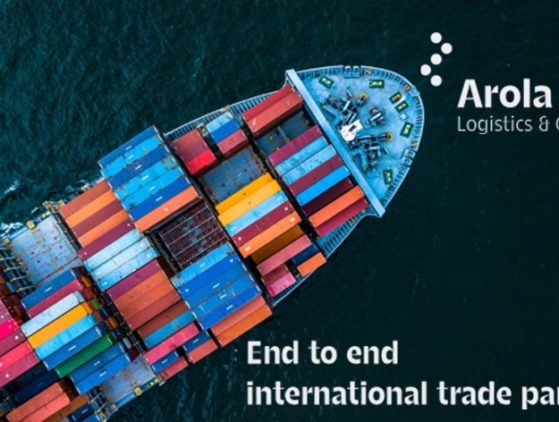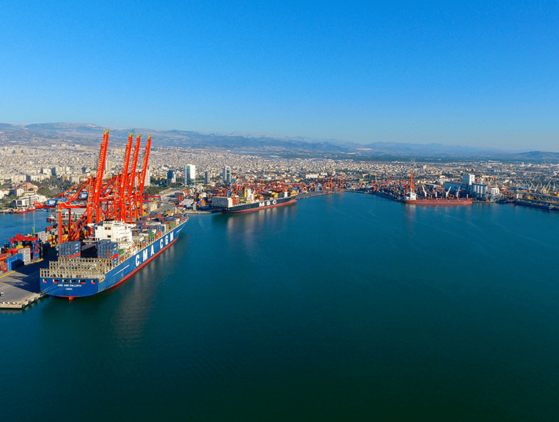“Agreement can be had by the end of the year if we work hard,” said Cecilia Malmström in the 12th round of negotiations on TTIP held on February 24 in Brussels. International treaty negotiations seem to arrive at a strategic point in the last round, where it dealt with exclusively the substance of TTIP ; in other words what you should or should not enter into the treaty.
They were debating substantive issues in all areas, such as regulatory cooperation in industrial sectors: chemicals, cosmetics, medical devices, engineering, TIC’s, pharmaceuticals, textiles and vehicles, sustainable development and conflict resolution and protection of investors; except public procurement which should be studied at the state and not federal level.
In this 12th round, it was introduced, for the first time, to American partners the new ISDS arbitration tribunal claims to be more democratic, more public and transparent. Some of the changes of the Court are:
1. In ancient ISDS the selection process of staff was confidential; however with the new proposal 100% transparent is guarantee where there will be access to view, broadcast on the Internet and the possibility of intervention from third parts.
2. In the new court the Commission proposes that Court is composed of independent judges selected and publicly, in addition to prohibit practicing as lawyers for the parties to the conflict. As well as, judges receive a regular salary by both governments, European and American.
3. It requires that lawyers have some experience and time in office.
4. It is proposed that there is a system of appeal to a higher court such as the WTO.
Following the same line, in TTIP negotiations it stood out that it has supporters and detractors, on one hand, the agreement will be beneficial for both economies as it will simplify procedures of international transactions, eliminate tariffs and increase the competitiveness, economic growth, investment and employment. However, on the other hand opponents of the TTIP criticize the lack of transparency in the negotiations addition to giving a large power to multinational corporations more than State power and cut regulations European standards issues such as health and environmental safety.
Probably the most controversial point is the mechanism for settling disputes between investors and states. Because Americans claim that the processes initiated by multinationals against governments will be judged by private arbitration courts, regardless of countries justice; and strongly disagree by the EU.
The conclusions of various independent studies of TTIP indicate that “depend heavily on the sector, the size of the company, the business and the type of product or service that the TTIP bring them, they will have an effect on growth opportunities or be as a source problem. ”





























